Discover the shoulder injuries and conditions we treat, from rotator cuff tears to labral repairs, with advanced joint-preserving orthopedic care.
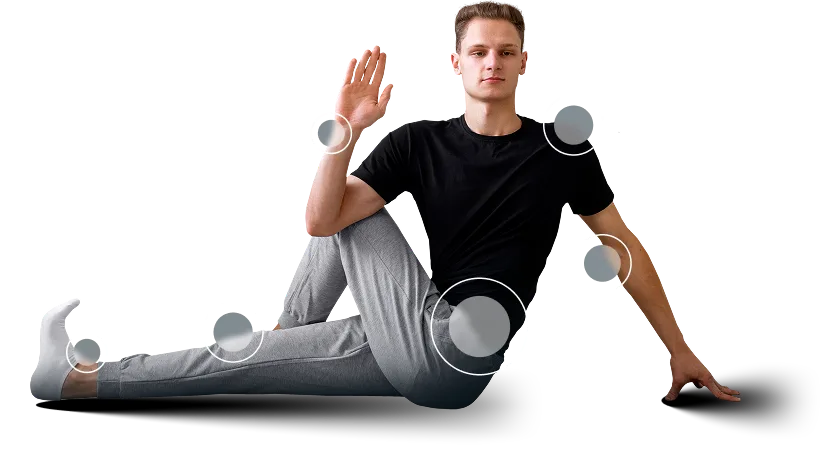
Your shoulders are the most mobile joints in your body — allowing you to reach, lift, throw, and move freely. When pain, weakness, or instability limit what you can do, life feels smaller. At The Joint Preservation Center, we take a different approach: instead of jumping to replacement or major surgery, our surgeons focus on preserving your natural shoulder whenever possible, using advanced techniques to restore stability, motion, and long-term health.


Â
Below are the most common shoulder problems we diagnose and treat, explained in simple, patient-friendly terms.
The rotator cuff is a group of four tendons that stabilize your shoulder and help you lift and rotate your arm. Overuse, injury, or aging can lead to partial or complete tears. Our specialists perform arthroscopic rotator cuff repair and use biologic treatments to promote natural healing.
We treat:

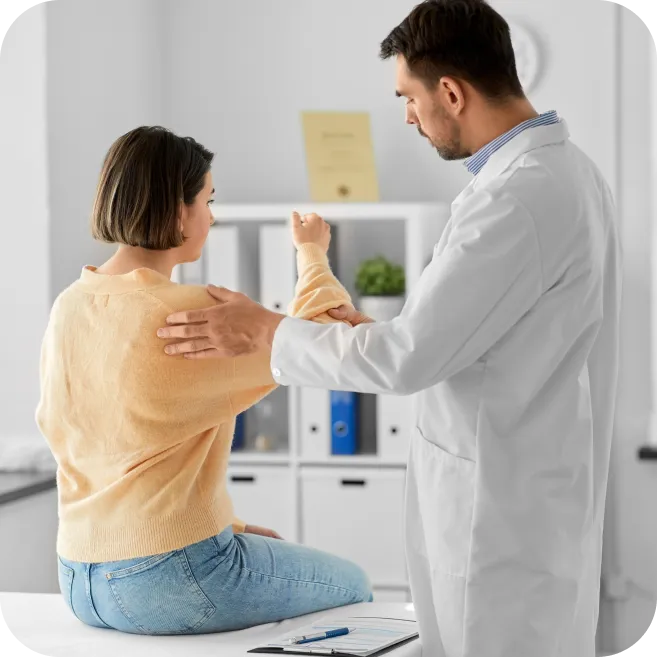
When the tendons and bursa around your shoulder become irritated, they can cause pain when lifting your arm or reaching overhead. We use a combination of therapy, injections, and minimally invasive arthroscopy to relieve pressure and restore smooth motion.
We treat:
If your shoulder feels like it “pops out” or you’ve had a dislocation, the labrum — a ring of cartilage that helps stabilize your shoulder — may be torn. We specialize in arthroscopic labral repair, including Bankart and SLAP tear repair, to restore stability and confidence in your shoulder.
We treat:
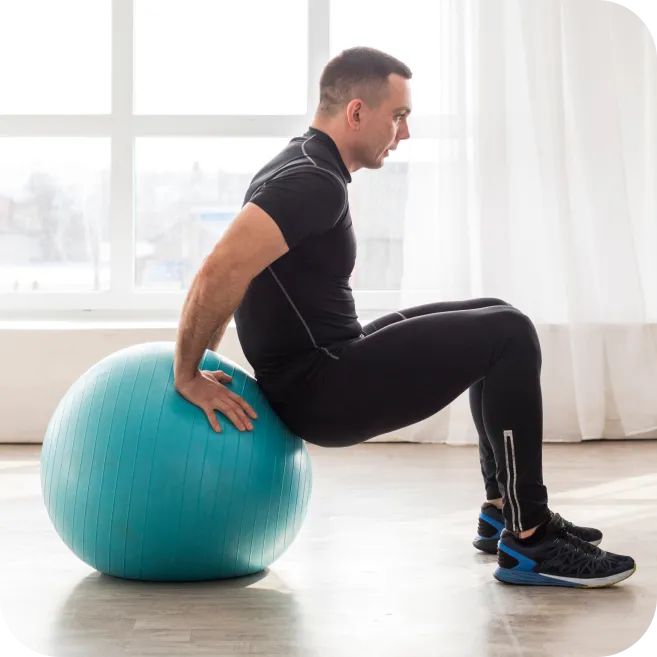
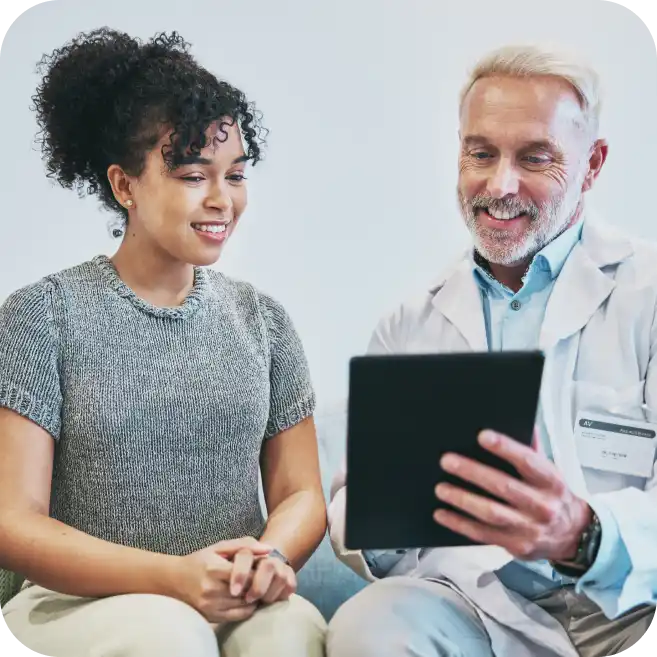
Cartilage damage or bone loss can cause pain, catching, or stiffness. With advanced imaging and preservation techniques, we restore the joint surface and alignment to prevent early arthritis.
We treat:
The biceps tendon attaches near the top of the shoulder and can become inflamed or partially torn, leading to pain in the front of the arm. We use ultrasound-guided injections, biologics, and when needed, arthroscopic techniques like biceps tenodesis or tenotomy.
We treat:
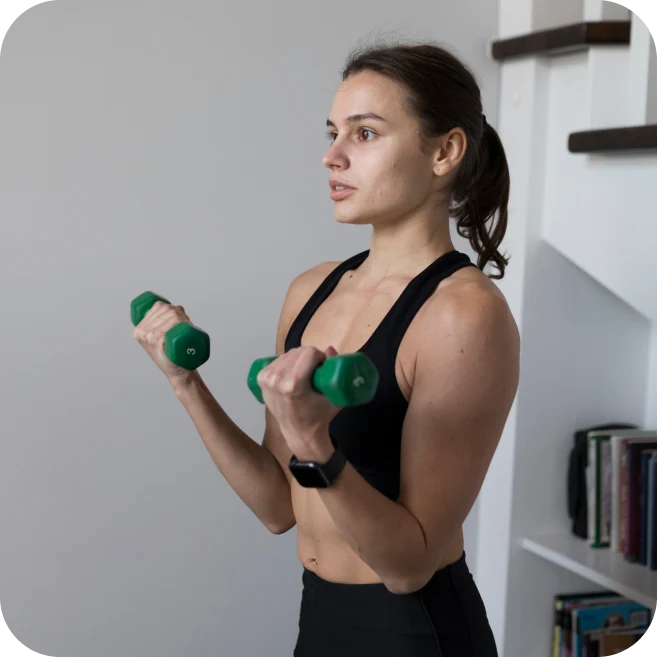

The acromioclavicular (AC) joint, where your collarbone meets the shoulder blade, can become painful after trauma or repetitive lifting. Our team treats both acute and chronic AC joint problems to restore strength and alignment.
We treat:
This condition causes stiffness, pain, and limited motion as the shoulder capsule tightens. Early, specialized treatment helps restore range of motion and prevent chronic restriction.
We treat:
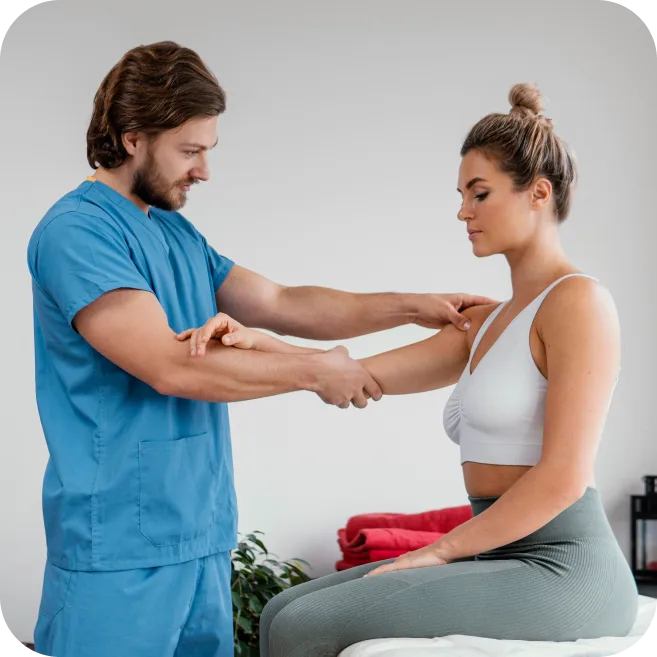
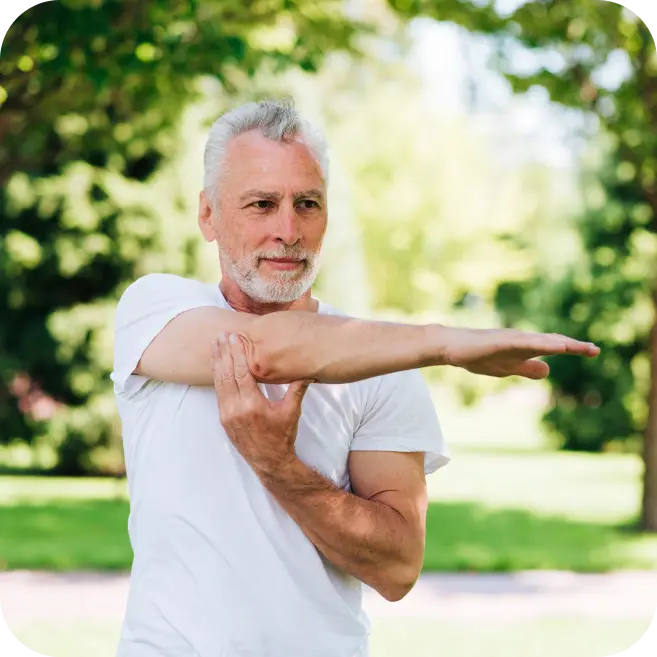
When cartilage begins to thin or wear down, there are ways to slow, repair, or even reverse joint damage without replacement. We combine biologic injections, cartilage resurfacing, and precision-guided arthroscopy to preserve your natural shoulder joint.
We treat:
Whether you’re a competitive athlete, recreational player, or simply active, shoulder injuries can happen from repetitive motion or trauma. Our goal is to return you safely to the activities you love — stronger than before.
We treat:
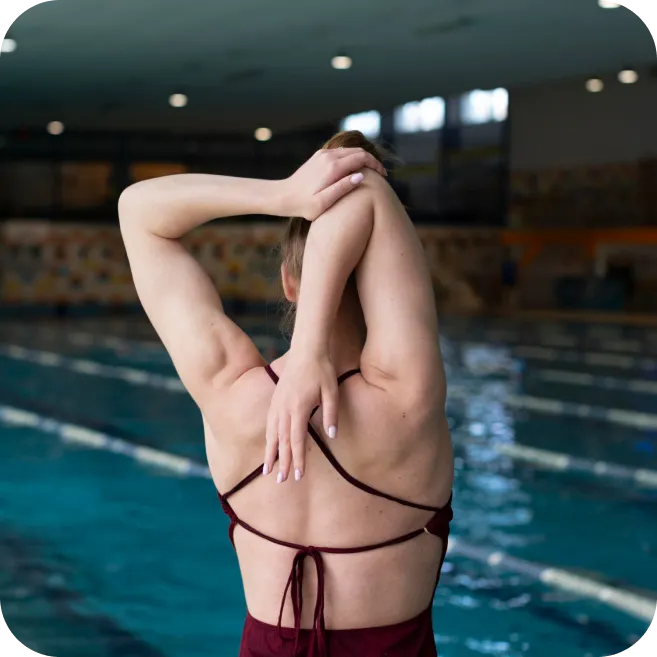
We don’t just treat shoulder pain — we treat the person behind it. Our fellowship-trained orthopedic surgeons specialize in shoulder joint preservation, using minimally invasive techniques and biologic options that protect your natural anatomy while restoring strength and motion.

Â
Whether you’re dealing with a sports injury, an overuse problem, or early arthritis, our personalized approach helps you return to daily life, work, and the activities you love — with confidence.
If you’re experiencing shoulder pain, weakness, clicking, or instability — or if you’ve been told you “might need surgery” — you may have options to preserve your joint and recover naturally. Request an appointment with one of our shoulder specialists today to explore your personalized treatment plan.